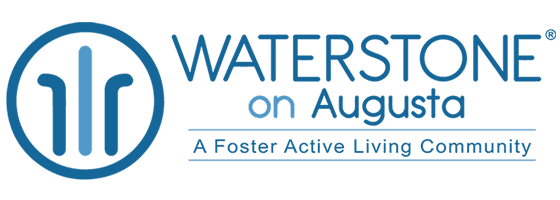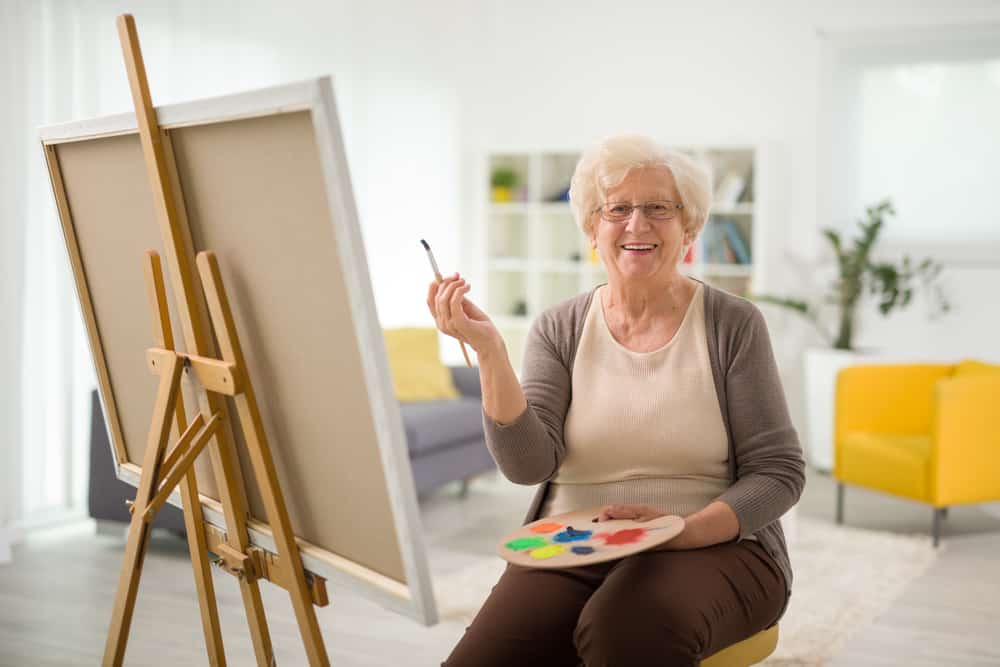“If bread is the first necessity of life, recreation is a close second.” This quote from poet Ralph Waldo Emerson reminds us of an important truth. Recreation is a great way to relax, but it’s also an important way to take care of your heart, body, and mind. So, what is recreational therapy?
What Is Recreational Therapy?
Did you know that play and recreation are vital to your health? Sometimes when we think about taking care of ourselves, we only focus on the physical. We talk about diets, exercise, medication, and all of the other nuts and bolts we need to keep our bodies functional into our golden years and beyond.
Physical health is important, of course, and there’s always a lot of value in taking care of your body. However, it’s important to remember that all work and no play won’t lead you to perfect health. There are lots of different kinds of health, and finding opportunities for social connection and recreation is just as important as remembering to take your vitamins. But what is recreational therapy, and is it right for you?
How Does Recreational Therapy Work?
You might be wondering how recreation could be therapeutic. After all, if the point of an activity is to relax and have fun, how can it also be keeping you healthy? The key is understanding what recreational therapy is, and why it’s important for your mental and physical health. Recreational therapy refers to therapeutic sessions that are built around activities that a patient enjoys, which can bring an element of fun and motivation into meeting their health goals.
If you’re worried that a therapy based around fun won’t produce a big impact, think again. Research shows that dedicating time to recreation can improve your health dramatically, even in ways you don’t expect. People who regularly engage in recreational activities experience better emotional and physical health outcomes than people that don’t. Play reduces anxiety and depression, has a good effect on blood pressure, and can even help you make new friends and other social connections. Believe it or not, a happy brain really can lead to a happier body!
However, the benefits of recreational therapy aren’t limited to play. Unlike simply doing something for fun, recreational therapy uses that fun to keep a patient engaged and working towards their goals. Because recreational therapy is based on what a patient enjoys doing, treatment plans can vary significantly from person to person. Some activities that recreational therapists use with patients include the following:
- Exploring creative expressions such as art, dance, writing, and music
- Physical activities such as walking, swimming, and other forms of rehabilitative exercise
- Sports, games, and other forms of structured play
- Community outings and other opportunities for social connection
The goal of recreational therapy is to find opportunities to build healthy recreation into your life, and also find ways to make the things you love a source of wellbeing. Recent studies have shown that individuals who participate in recreational therapy experience all of the upsides of recreation listed above and also feel happier and more engaged with life in general. And who wouldn’t benefit from that?
_____
What is recreational therapy? It’s a type of therapy where work and play meet in order to improve your health.
Are you looking for a premier assisted living and memory care community in the heart of downtown Greenville, South Carolina? Come visit us at Waterstone on Augusta. Our community is both relaxing and elegant, and we strive to enhance the quality of life of the seniors we serve through teamwork and unity. To learn more about our amenities and to view our lovely community, please schedule a tour online or call us today at 864-605-7236.

